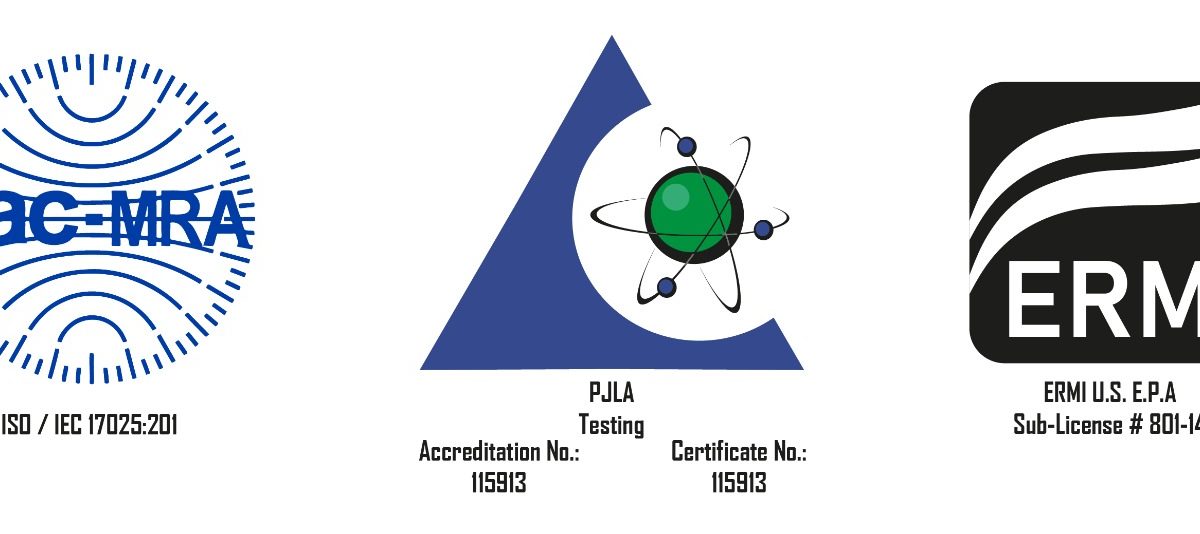ISO 17025 is a globally recognized standard that outlines the requirements for the competence of testing and calibration laboratories. It ensures that laboratories possess the necessary technical expertise and quality management systems to produce valid and reliable results. In essence, ISO 17025 accreditation demonstrates a laboratory's capability to perform testing and calibration activities competently and consistently.
Here's a more detailed breakdown:
Key Aspects of ISO 17025 Competency:
-
Technical Competence:
This includes having qualified personnel with the necessary skills and knowledge to perform specific tests and calibrations.
-
Quality Management System:
A robust quality management system is essential for ensuring consistent and reliable results. This involves documented procedures, control measures, and continuous improvement processes.
-
Impartiality and Independence:
ISO 17025 emphasizes the importance of maintaining impartiality and independence in laboratory operations to avoid any potential bias or conflict of interest.
-
Traceability and Measurement Uncertainty:
Laboratories must demonstrate that their measurements are traceable to national or international standards and that they can assess and control measurement uncertainty.
-
Equipment Calibration and Maintenance:
ISO 17025 requires laboratories to have procedures for the calibration and maintenance of their equipment to ensure accuracy and reliability.
-
Proficiency Testing and Inter-Laboratory Comparisons:
Participation in proficiency testing and inter-laboratory comparisons helps laboratories assess their performance against other laboratories and identify areas for improvement.
Benefits of ISO 17025 Accreditation:
-
Increased Confidence:
ISO 17025 accreditation builds confidence in the laboratory's ability to produce accurate and reliable results, both nationally and internationally.
-
Global Recognition:
It is a globally recognized standard, facilitating international trade and collaboration between laboratories.
-
Improved Quality Control:
It leads to improved quality control and assurance within the laboratory, enhancing the overall quality of testing and calibration services.
-
Enhanced Customer Satisfaction:
By demonstrating competence and reliability, ISO 17025 accreditation can lead to increased customer satisfaction and trust.
In conclusion, ISO 17025 competency is not just about technical expertise; it encompasses a holistic approach to quality management, ensuring that laboratories are capable of producing valid and reliable results, and that they operate with integrity and impartiality.
Reference:
-
International Organization for Standardization. (2017). ISO/IEC 17025:2017 – General requirements for the competence of testing and calibration laboratories. https://www.iso.org/standard/66912.html
-
ILAC. (2019). Benefits of accreditation: ISO/IEC 17025 – Testing and Calibration Laboratories. International Laboratory Accreditation Cooperation. https://ilac.org/publications-and-resources/benefits-of-accreditation/
-
NIST. (2019). Traceability and Measurement Uncertainty in Calibration. National Institute of Standards and Technology. https://www.nist.gov/topics/calibrations
-
American Association for Laboratory Accreditation (A2LA). (s.f.). ISO/IEC 17025 Accreditation. https://www.a2la.org/accreditation/17025
-
Eurachem. (2014). Guide to Quality in Analytical Chemistry: An Aid to Accreditation. https://www.eurachem.org/index.php/publications/guides/quality




